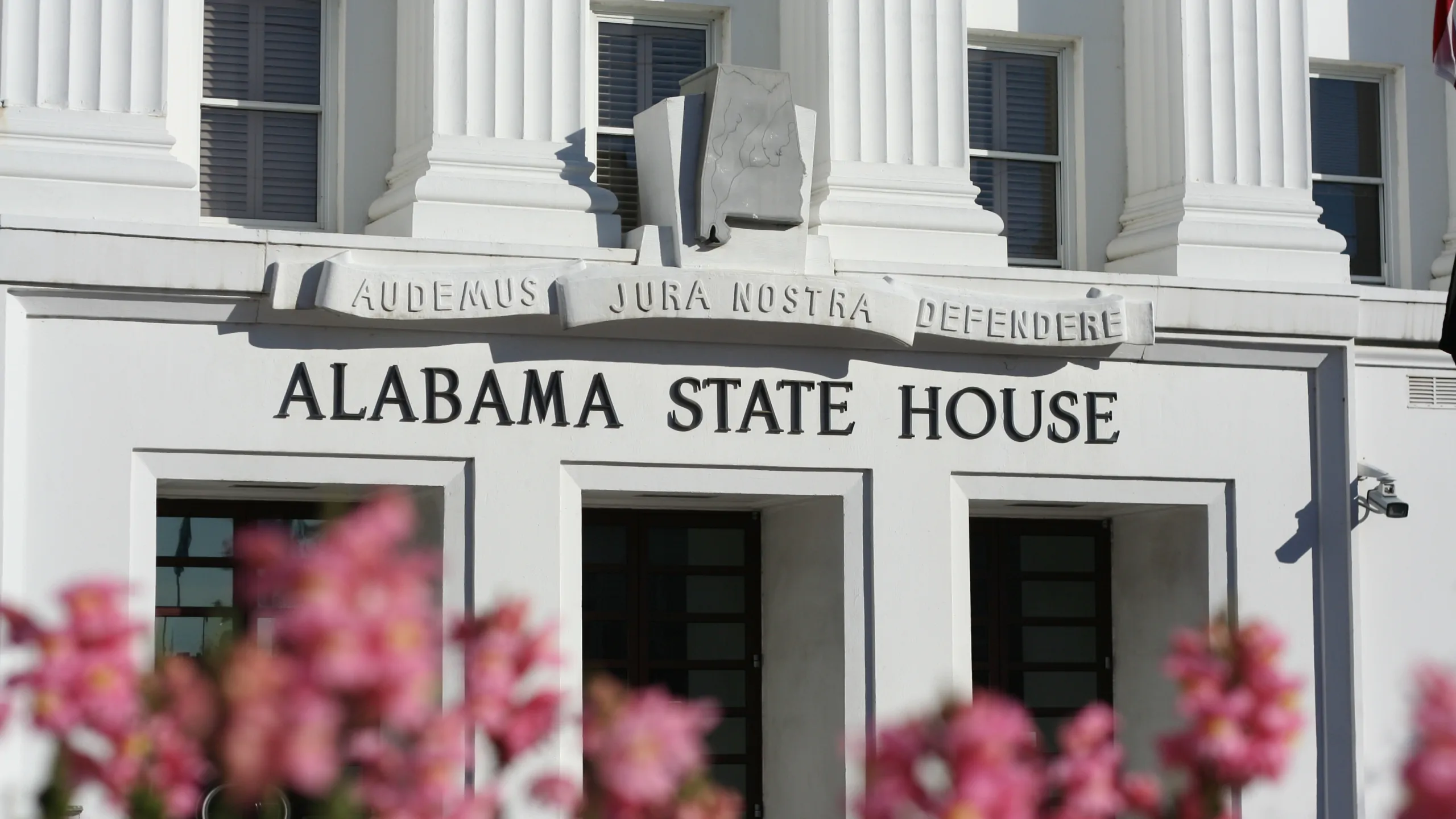A bill that passed without opposition in the Alabama State House on Thursday would exempt 70 percent of Alabama businesses from paying business personal property tax.
House Bill 82, carried by Rep. Danny Garrett, R-Trussville, would do several things, but Garrett said the “biggest part” of the bill is exempting up to $40,000 of business personal property from the state-levied ad valorem tax.
“This has been the number one issue for small businesses for years,” Garrett said. “They’re paying more to their accountant often than the amount of taxes they’re actually owing.”
Garrett said the tax revenue lost would be about $4 million, but the cost-savings to small businesses would be even higher.
The bill also doubles the threshold for reporting estimated tax payments, from $750,000 annually to $1.5 million.
“That would be 2,500 business that would not have to go through the administrative difficulties to make estimated tax payments,” Garrett said.
The bill also clarifies that there will be no state income tax on relief provided as part of the American Rescue Plan and also creates a one-month extension for the corporate filing of income tax returns.
The bill is part of the larger Alabama Small Business Commission legislative package announced Wednesday by Lt. Gov. Will Ainsworth.
A bill modifying Tier 2 retirement for educators also passed the House Thursday without opposition, the same bill that passed the House in the last session before stalling in the Senate.
House Bill 134, sponsored by Rep. Baker, R-, would provide for a 30-year service retirement for Tier 2 employees, changing the employee rate from 6.2 percent to 6.5 percent.
Baker said the change would bring Tier 2 closer in line with Tier 1, which provides for a 25-year service retirement.
HB10, sponsored by Rep. Brown, would bring commercial seafood “into line with agriculture when it comes to taxation.”
It exempts most commercial fishers from ad valorem tax and exempts bait from sales and use tax, as well as a few other provisions to bring the industry in line.
“I think this is a fair bill,” Brown said. “It puts it in line with agriculture; they farm our seas, they farm our rivers.”
It passed without opposition.
Finally, Brown brought forward a bill to provide more money to Strengthen Alabama Homes, a program of the Alabama Department of Insurance to provide fortified roofs to residents in need of one to help cut insurance rates nearly in half and prevent major damages.
Brown said the program has been a big success in the coastal region, and this bill would give the program enough money to solve and prevent a backlog on requests.
“When the program rolled out in 2015, there were a number of storms,” Brown said. “The Speaker came down and we saw blue tarp, blue tarp, fortified roof, blue tarp, fortified roof, fortified roof,” Brown said.
Representatives from the Coastal region of Alabama praised the program, but there were questions about how this bill is worded.
The bill would take any amount remaining in the Insurance Department Fund in excess of 25% over the amount appropriated for the Fiscal Year Ending 2022 toward funding the program.
Rep. Moore, D-, questioned how the department could be having leftover funds, stating that departments are always saying they don’t have enough money.
The bill also allows the Insurance commissioner to appropriate funds moving forward to continue the program, which would be expanded statewide under the bill instead of only being offered to the coast.
The bill ultimately passed with no opposition.

















































